LETTERS TO THE EDITOR
Be bold and protect America! It’s time to play hardball and mean it! Call a national emergency and mobilize the military to protect our southern border. We seem to be helping everyone else around the world protect theirs.
Be bold and protect America! It’s time to play hardball and mean it! Call a national emergency and mobilize the military to protect our southern border. We seem to be helping everyone else around the world protect theirs.
As the Editor of this newspaper walked out of the Harvey County Courthouse Friday morning he muttered something under his breath. “That piece of political theater is now over.” He was right, but also probably wrong.
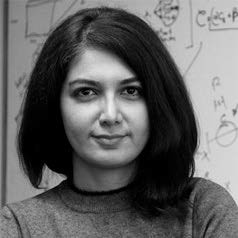
The past two election cycles have seen an explosion of attention given to “echo chambers,” or communities where a narrow set of views makes people less likely to challenge their own opinions. Much of this concern has focused on the rise of social media, which has radically transformed the information ecosystem. However, when scientists investigated social media echo chambers, they found surprisingly little evidence of them on a large scale – or at least none on a scale large enough to warrant the growing concerns. And yet, selective exposure to news does increase polarization. This suggested that these studies missed part of the picture of Americans’ news consumption patterns. Crucially, they did not factor in a major component of the average American’s experience of news: television.
Editorial: Republicans are supposedly good with money. Why waste it on Kansas abortion recounts? After anti-abortion activist Melissa Leavitt called for a recount of the recent statewide vote to keep abortion rights protections in the Kansas Constitution, even fellow conservative and anti-abortion advocate Mark Gietzen admitted the effort could be seen as a waste of the considerable state fee — about $229,000 — to retabulate all votes cast in the Aug.
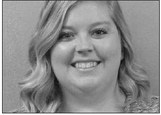
Alexandra Middlewood Professors of political science are in a unique position to not only impart academic knowledge, but to build better citizens. I give students the trust, resources, engagement, and invitations they need to participate.
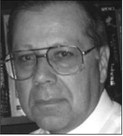
Over the last two and a half years, evidence piled up indicating that for the vast majority of K–12 and university students, online learning with extensive screen time was a disaster. Learning loss was greater in math subjects where daily lessons are needed to build math skills, but loss was even greater in the sciences where lab and field experiences are needed to make concepts meaningful.
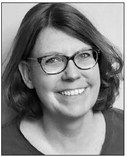
In a school gym with a dozen others, some still groggy at 5 am, Whitney raised her right hand and repeated after the Chief Election Officer, “I do solemnly swear that I will perform the duties for this election according to law and the best of my ability, and that I will studiously endeavor to prevent fraud, deceit, and abuse in conducting this election.”

Dear Doctors: My dad is 76, and he’s getting interested in nutrition. Lately, he’s been reading news stories about something called “polyphenols,” and that they’re really good for your health. Can you talk a little bit about what they are and what foods to eat to get enough? What do they do?
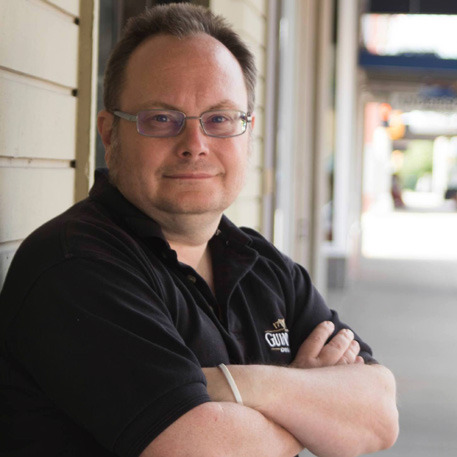
I’ve had my eye on the date Aug. 22, 2022, for a long time.
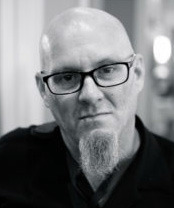
On August 2, voters in Kansas rejected an amendment to the state constitution which would have increased the legislature’s power to regulate (or ban) abortion. Pro-choice groups hailed the outcome as evidence that abortion rights are a “winning issue” this year; partisan Democrats have reason to look more hopefully toward their chances of holding on to majorities in the US Senate, and maybe even the House of Representatives, this November. More interesting, I think, is what the result tells us about where the “moderate center” is in American politics. Letting people vote on one specific issue often produces very different outcomes from letting people vote on “representatives” based on the candidates’ baskets of multiple issues.